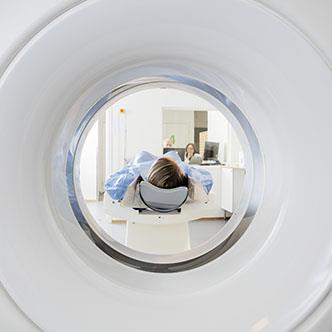
Doctors should ensure that heart patients are exposed to as little radiation as possible during cardiac imaging, based on a recent study that linked repeat imaging to increased cancer risk in patients with congenital heart disease.
Published in the American Heart Association journal Circulation, this study explored the association between repeat cardiac imaging and cancer risk. The study included adults with congenital heart disease, who tend to undergo repeat imaging throughout their lifetime.
Congenital heart disease is an umbrella term for a range of heart defects that can be present at birth. It’s estimated that congenital heart disease affects nearly 1% or about 40,000 births per year in the United States.
Studies have found that patients with congenital heart disease have two-fold greater risk for cancer than the general population. It’s likely that repeat exposure to low-dose radiation from cardiac imaging may be in part to blame for this increased risk.
To learn more, researchers analyzed data from a registry of nearly 25,000 patients with congenital heart disease in Quebec, Canada. Using medical records, researchers analyzed the number of imaging tests patients underwent, as well as any cancer diagnoses, between 1995 and 2009.
Patients were 55 years old on average and were free of cancer at the start of the study period. They were followed for a maximum of 15 years through 2009.
Over the follow-up period, 602 patients were diagnosed with cancer. Researchers calculated that risk for cancer among all patients in the registry was 15%.
However, patients diagnosed with cancer had significantly more cardiac imaging tests than those without cancer. After analysis, researchers found that those with high exposure to radiation from imaging (defined as 6 or more cardiac procedures with low-dose ionizing radiation) had 8% greater risk of developing cancer than those with one or fewer procedures.
This association existed after adjusting for factors that could influence cancer risk, such as age, severity of congenital heart disease, and obesity.
Based on findings, authors conclude that doctors should ensure that exposure to radiation from imaging is “as low as reasonably achievable” without sacrificing quality of care. Experts also encourage better policies to regulate radiation exposure in patients with congenital heart disease. While repeat imaging is often necessary for patients with congenital heart disease, keeping radiation exposure to a minimum could help minimize long-term negative health effects.